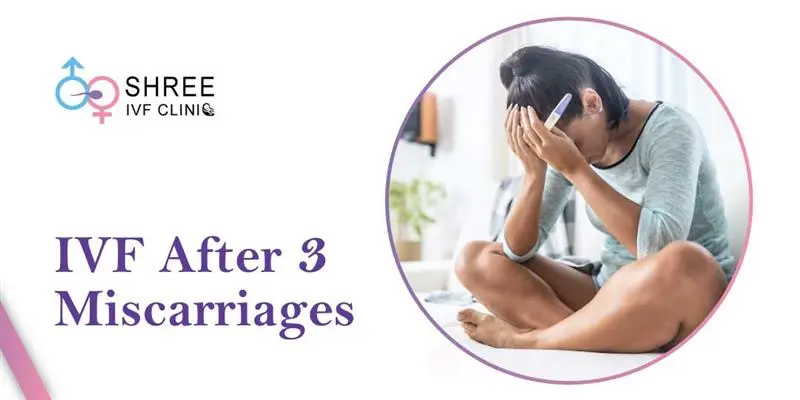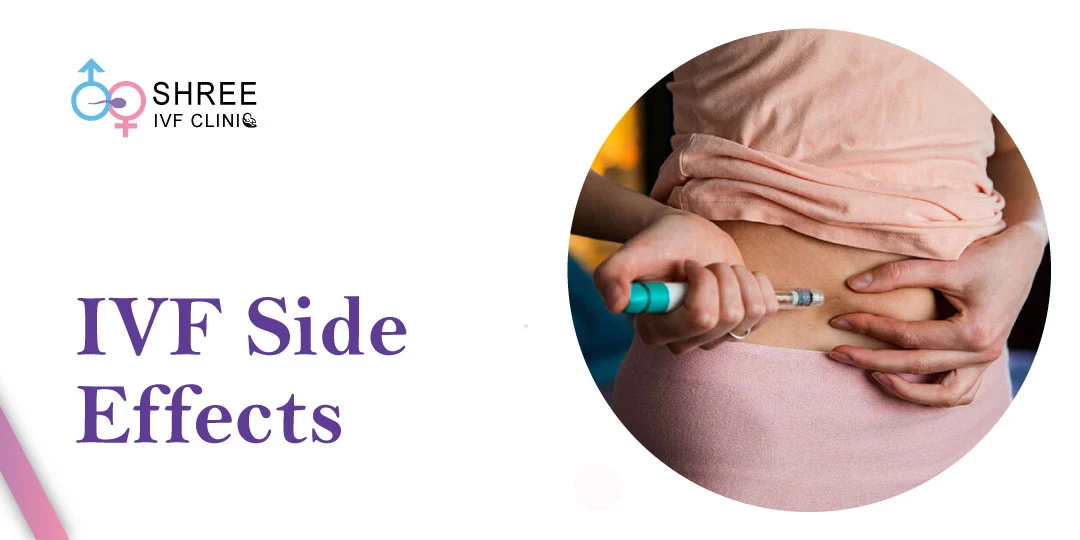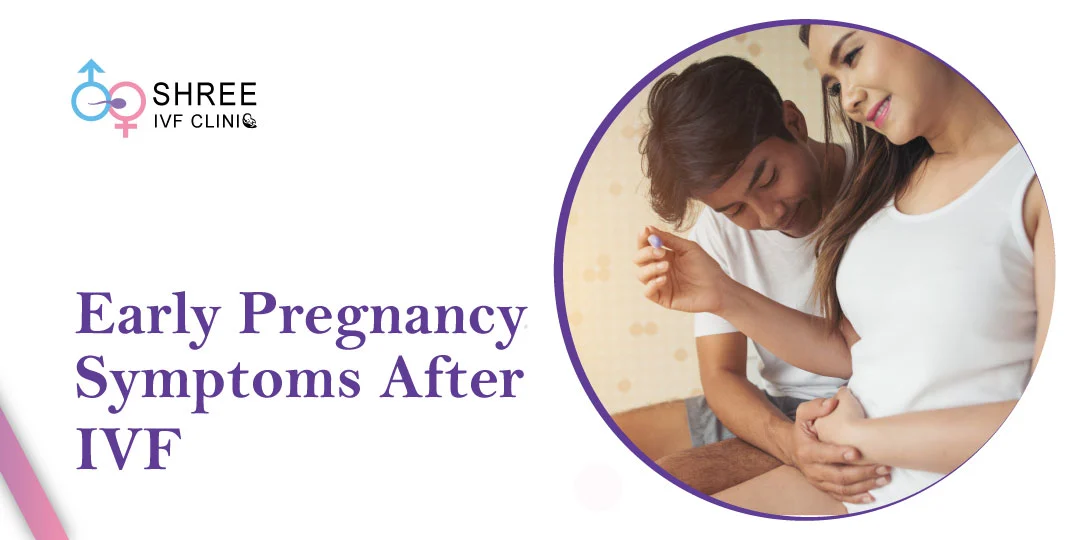What Happens to Your Body After Failed IVF? – Dr. Jay Mehta
UPDATED ON 4 NOV. 2023
Facing the aftermath of a failed in vitro fertilization (IVF) cycle can be an emotionally and physically trying experience for individuals or couples hoping to start or expand their families.
In this article, we will delve deeper into what happens to your body after an unsuccessful IVF treatment and shed light on the complex emotional journey that follows.
By understanding the physical effects, emotional consequences, relationship dynamics, available support systems, and the importance of seeking professional guidance, we aim to provide comprehensive insights and guidance for those navigating this difficult chapter in their fertility journey.

AUTHOR
Dr Jay Mehta
Scientific Director & IVF Specialist with 10+ years of experience
TREATMENT
CONDITION
Failed IVF
GET IN TOUCH ON
Understanding IVF and the Hope it Brings
In vitro fertilization has revolutionized fertility treatments, offering hope to many struggling with infertility. The process involves combining an egg and sperm in a laboratory dish, allowing fertilization to occur outside of the woman’s body.
It is then transferred back into the uterus in the hopes of achieving pregnancy. IVF offers a higher chance of success compared to other fertility treatments, making it a popular choice for individuals and couples seeking to conceive.
However, it’s important to note that IVF success rates can vary depending on factors such as age, underlying health conditions, and the quality of the embryos.
The Reality of Failed IVF
While the success rates of IVF have improved over the years, it’s essential to set realistic expectations. According to the Society for Assisted Reproductive Technology (SART), the average success rate per IVF cycle in the United States is around 30%.
This means that not every attempt will result in a successful pregnancy. It’s crucial to understand and prepare for the possibility of a failed IVF cycle.
The disappointment and emotional impact experienced after a failed IVF cycle can be profound. Many individuals and couples invest significant time, energy, and financial resources into IVF, hoping that it will be the solution to their fertility struggles.
When the desired outcome is not achieved, feelings of grief, frustration, and even guilt may arise. Coping with these emotions is an important part of the healing process.
Physical Effects After Failed IVF
A failed IVF cycle can take a toll on the body, both physically and hormonally. During IVF treatment, individuals are often prescribed fertility medications to stimulate the ovaries and promote the growth of multiple follicles.
These medications can cause various side effects, including bloating, breast tenderness, mood swings, and fatigue. Following a failed cycle, the body may need time to recover from the hormonal changes and the invasiveness of the procedures.
The physical recovery period after a failed IVF cycle can vary from person to person. Some individuals may experience minimal physical discomfort, while others may require more time to heal.
It’s essential to listen to your body and give yourself permission to rest and prioritize self-care during this time. Engaging in gentle exercise, eating a balanced diet, and getting enough sleep can support your overall well-being as you navigate the physical aftermath of IVF.
Read More: How to balance hormones after failed IVF
Emotional and Psychological Consequences
The emotional aftermath of a failed IVF cycle can be overwhelming. Individuals and couples may experience a range of emotions, including grief, sadness, anger, and even a sense of failure. It’s important to validate these feelings and allow yourself to process them in your own time and way.
Seeking emotional support from loved ones, support groups, or professional counselors can be beneficial during this challenging period. Connecting with others who have gone through similar experiences can provide a sense of understanding and solidarity.
Online communities and support groups specifically for individuals going through infertility or failed IVF can offer a safe space to share your thoughts and emotions, learn from others, and gather valuable insights.
Relationship Dynamics
Failed IVF can strain relationships between partners. The shared disappointment and grief can lead to increased tension and communication challenges. It’s crucial to foster open and honest communication during this time, allowing each person to express their emotions and concerns.
Couples may find it helpful to seek couples therapy or marriage counseling to navigate the emotional impact of failed IVF on their relationship.
A therapist can provide a neutral space for both partners to communicate effectively and gain a deeper understanding of each other’s experiences. By working together and supporting one another, couples can strengthen their bond and find ways to cope with the challenges they face.
” Every individual and couple’s journey is unique, and
finding the right solutions tailored to their specific
circumstances can make all the difference “
Fertility Outlook After Failed IVF
After a failed IVF cycle, it’s important to consider future fertility options. While the disappointment of a failed cycle may be discouraging, it’s essential to remember that alternative paths to parenthood exist.
This may include trying IVF again, exploring other assisted reproductive technologies, such as donor eggs or sperm, considering surrogacy, or even pursuing adoption.
Deciding on the next steps in your fertility journey is a deeply personal choice. Take the time to discuss your options with your partner and consult with a fertility specialist in Mumbai.
They can provide recommendations tailored to your specific situation and help you make informed decisions. They can assess any potential factors that may have contributed to the unsuccessful cycle and suggest adjustments to your treatment plan.
The Importance of Seeking Professional Guidance
Collaborating with a fertility specialist is key to receiving expert guidance and personalized care. Schedule a consultation to discuss your experience and review possible adjustments to your treatment plan.
A fertility specialist can evaluate your specific circumstances, address any concerns, and tailor a plan that increases your chances of success.
They can also provide valuable insight into alternative treatments or options that you may not have considered.
Whether it’s exploring different protocols, considering genetic testing, or discussing the possibility of using donor gametes, a fertility specialist can guide you towards the best path forward.
Conclusion
Facing the aftermath of a failed IVF cycle is undoubtedly a challenging experience. However, it’s crucial to remember that alternative paths to parenthood exist, and there is support available throughout the journey.
By understanding the physical and emotional complexities, seeking professional guidance, and leaning on support systems, individuals and couples can find the strength to move forward and explore their options.
Though the road may be difficult, hope remains within reach, and a fulfilling family-building journey is still possible.
AUTHOR
Dr Jay Mehta
Scientific Director & IVF Specialist with 10+ years of experience
TREATMENT
CONDITION
Failed IVF
CALL US 24/7 FOR ANY HELP
GET IN TOUCH ON
Share Article on
Recommended Reading
Should I Do IVF After 3 Miscarriages?
Yes, IVF can be a strong option after repeated miscarriages. Combined with genetic testing, it helps increase the chance of a healthy pregnancy
What Are the Side Effects of IVF?
Know the side effects of IVF, from mild pain to hormonal changes, and get expert advice as you start your fertility journey.
After IVF Transfer Pregnancy Symptoms
Learn about early pregnancy signs after embryo transfer, including cramping, spotting or light bleeding, fatigue, breast tenderness, and nausea.




